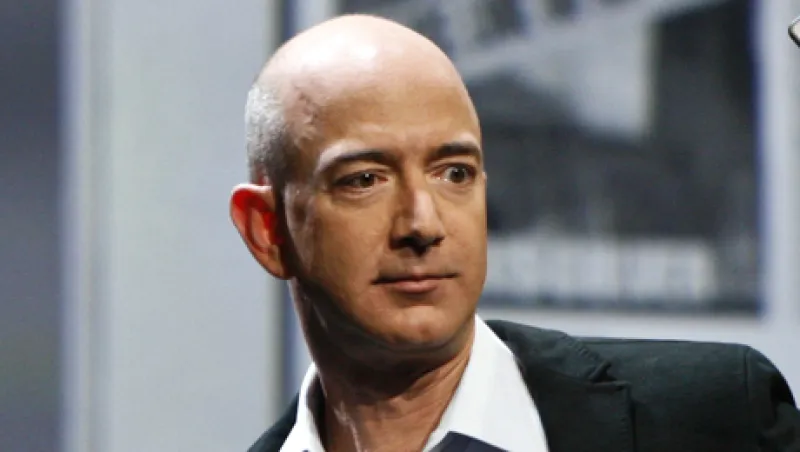
Why Amazon May Be Worth 179 Times Earnings
The online retailer is one of the best-managed and most innovative companies in the U.S., if not the world, and is changing the way we shop.
Vitaliy Katsenelson
July 26, 2012


